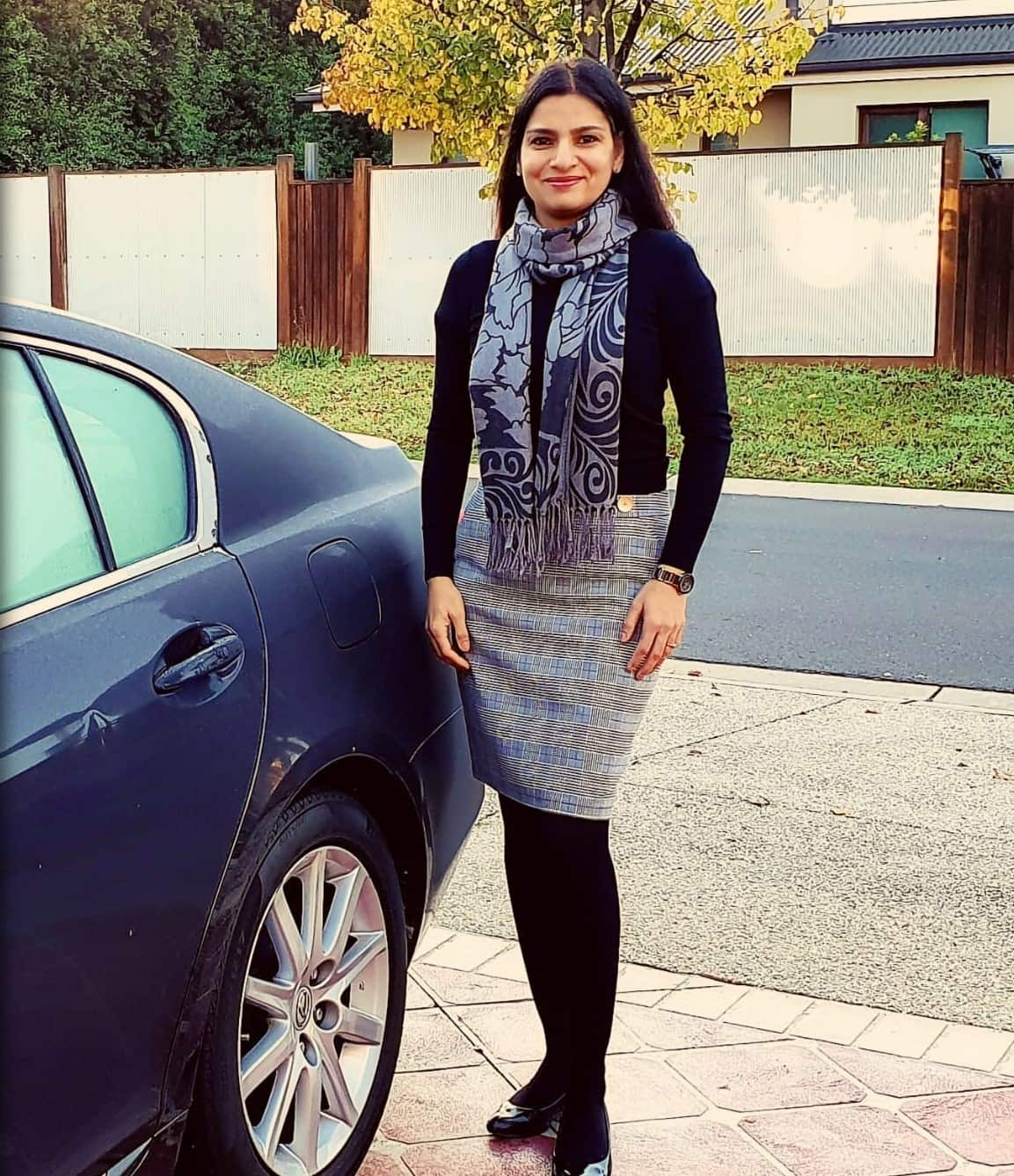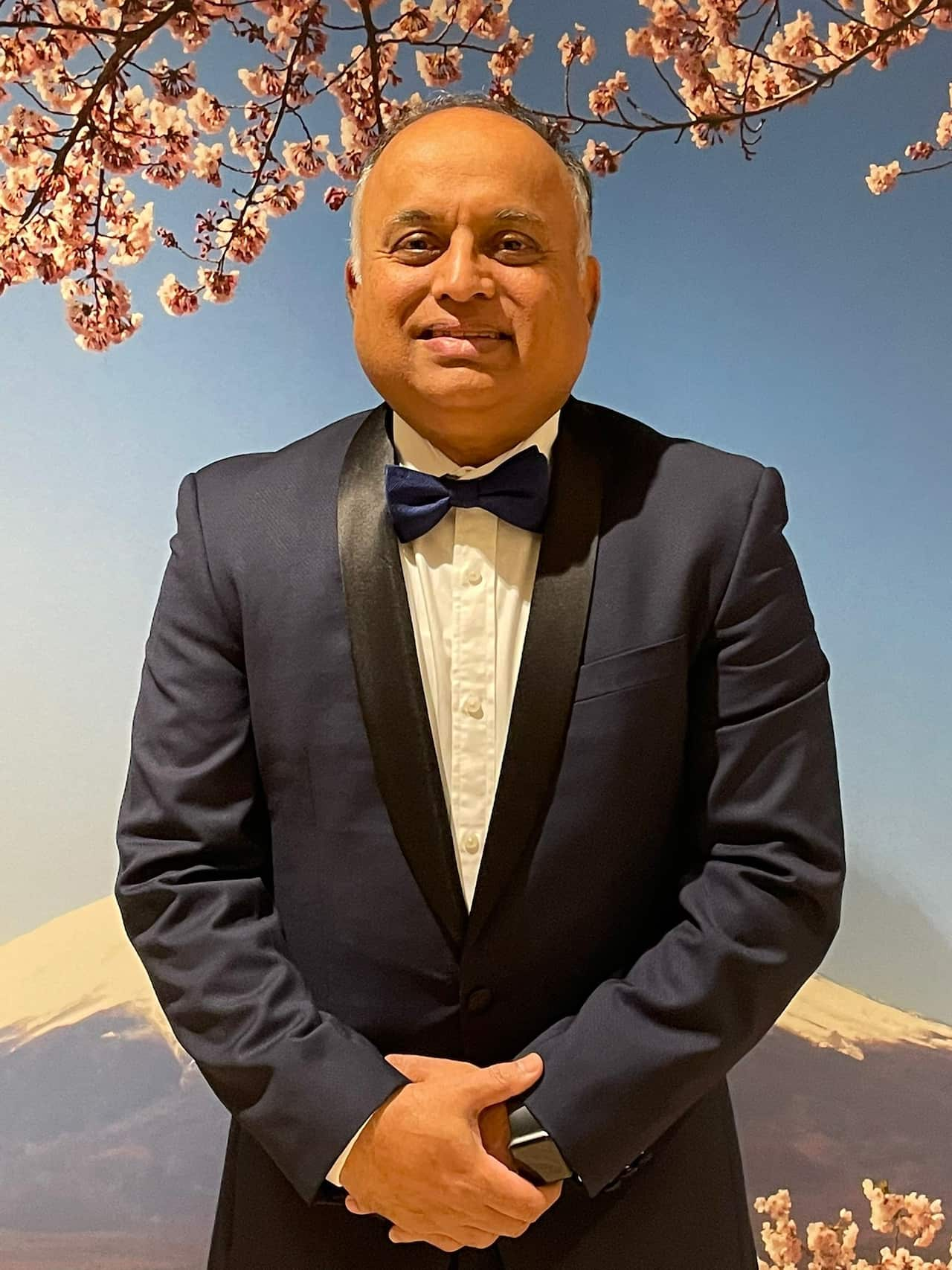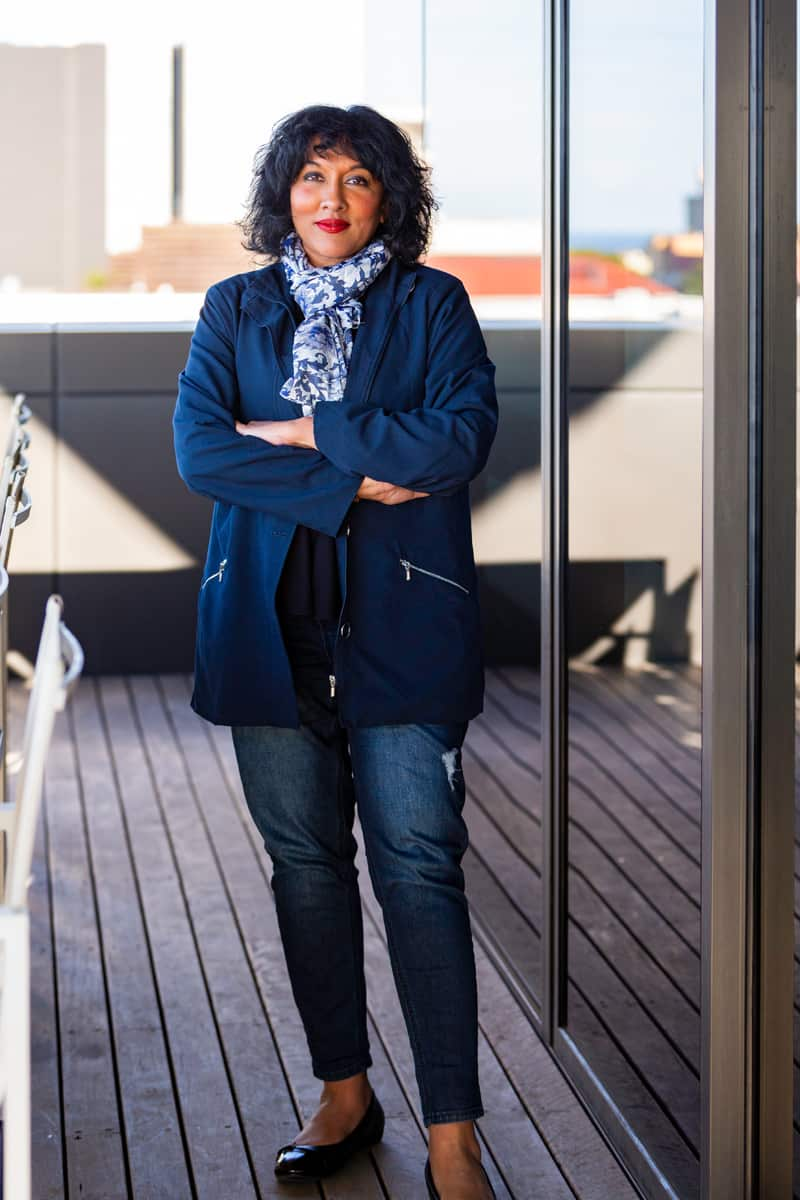Highlights
- Parents of Indian-Australian children aged 12 and above rushing for vaccine appointment
- Pfizer vaccine bookings for ages 12-18 to open on 13 September
- ‘mRNA vaccines are safe for children’: Raina McIntyre, Head of the Biosecurity Program, Kirby Institute
With the federal health department alerting that children are increasingly catching the coronavirus globally and also in Australia, parents of Australian adolescents and teenagers have swung into action just as has the government.
Last week, the Australian Technical Advisory Group on Immunisation (ATAGI) recommended the Pfizer vaccine for youngsters aged 12 years age and above. Appointments can be booked from 13 September.
Subject to approval from the Therapeutic Goods Administration (TGA) and ATAGI, the Moderna vaccine may also be made available to people aged between 12 and 18.
Indian-Australian parents of youngsters falling in this age group, have told SBS Hindi that they are gearing up to get them vaccinated as early as possible.
Ruby Makkar is a senior secondary school teacher who lives in one of Melbourne’s most-affected suburbs.
She is now breathing a sigh of relief as she hears about the vaccine being made available for children.
“This time we were really scared as there was an outbreak in our suburb and the virus came really close to us. So, vaccinating my two kids is my top priority now as I want to them safe,” she told SBS Hindi.
“I feel it becomes important when we want them to return to school and society safely,” said Mrs Makkar whose son is 12. For her daughter who is younger, she will have to wait till further advice.

Meanwhile, on 25 August, thousands of Victoria residents inundated the state’s vaccination booking system on its first day of opening up for Australians aged 16 and above.
Over 95,000 people booked appointments within a few hours and demand remained high with 6,700 online bookings made within an hour, according to Naomi Bromley, Victoria’s Acting COVID Commander.
In response to SBS Hindi’s queries, the federal health department shed light on how the Delta variant may have left young children and adolescents vulnerable.
“One reason is that older people have been the first to receive the vaccine in many countries. Disease is therefore seen more in those who are younger and not yet vaccinated,” the department told SBS Hindi by email.
“The Delta variant is recognised as being more transmissible in all age groups, double that of the original virus that emerged in 2019. Spread within households is a feature in the outbreak and this may also account for more infections in younger age groups,” it added.

A Perth-based cancer specialist, Dr Sanjay Mukhedkar, told SBS Hindi that both his sons are now booked for their vaccination and that is “the way out of lockdowns and restrictions”.
“Look at the UK which went on an absolute war footing to vaccinate their people and now they have opened up,” he highlighted.
In Melbourne, a Hindu temple, the BAPS Shri Swaminarayan Mandir, is all set to run a three-day-long vaccination clinic in association with the Department of Health from 3 September.
It is fully-booked already.
“Over 80 per cent of our bookings are from the Indian community, including several parents who have booked for their children aged 16 and over,” Pulin Amin from the temple told SBS Hindi.
“We even have queries from parents who want to book appointments for their children aged 12 and over but they will have to wait till next month,” Mr Amin said.
But not everyone is willing to follow suit. While many are in favour of the vaccine for youngsters, there are a few fence-sitters.
A Melbourne-based Indian mother, on the condition of anonymity, told SBS Hindi that she would not vaccinate her kids as the vaccine “had been developed in haste and not enough research was done to prove any long-term effects”.
“I am not an anti-vaccine person but for this vaccine, I’m a bit sceptical. It remains to be proven that it provides foolproof protection from the virus. Even if you are vaccinated you can still catch the virus, go to hospital and there are reports of some fully-vaccinated people dying,” she said.

But Raina Macintyre, Head of the Biosecurity Program at Kirby Institute, disagrees.
She insists that mRNA vaccines like Pfizer have been used most commonly for youngsters aged 12-18 years and any vaccine approved for any age group in Australia undergoes rigorous review by the TGA.
“Millions of kids have been safely vaccinated. There is a rare side effect, myocarditis and pericarditis (inflammation of the heart), which occurs more in young males. It is mostly mild and gets better without specific treatment,” Ms Macintyre told SBS Hindi.
She said that it was not vaccine “hesitancy” but the confusion around changing recommendations since April and probably some gaps in communication for multicultural communities that have led to low uptake of the vaccine so far.
“In general, Australians are very accepting of vaccination and [are] highly-vaccinated for other diseases,” she said.
Tune into SBS Hindi at 5 pm every day and follow us on Facebook and Twitter.
